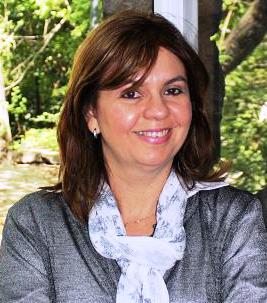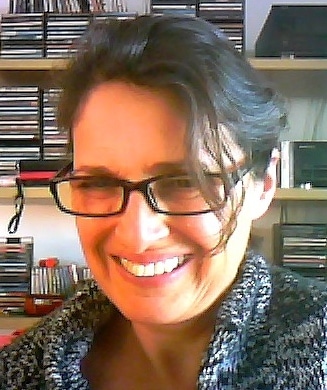Becoming a Teacher: Expectations Vs Reality: Where does PD take place?
Being a teacher for almost 30 years I have a clear idea of how demanding, time consuming and rewarding this profession is and how tough it can get sometimes. If you’ve been teaching for 2, 3 years, you probably have this idea already.
Yes, I gave up my Psychologist career to become a teacher. Being in the market for a long time I’ve attended lots of seminars and webminars, conferences, delivered lots of presentations , published articles , wrote materials and became a teacher trainer after doing lots of TD and post graduate courses, taking language certificates and teachers’ diplomas. And feel I still have so much to learn. I’m just on the way.
Choosing to become a teacher was the first step, but developing as a professional and keeping on believing that I am on the ‘right track’ has been a daily challenge we all have to face. It has to do with making choices and focusing on what really matters.
Regarding professional development, I’ve noticed that lots of teachers do not realize the magic trip they’ll have to do in order to get real and consistent professional development. Teacher training courses such as CELTA or even DELTA are of great help and consistence, but stopping studying and developing would be a huge mistake.
I believe Professional development is an ongoing and endless process and we teachers will never stop being learners.
Having said that, I have some suggestions* for those who are starting and/or are on the way:
*(Inspired by JJ Wilson’s ideas at the 14th Braz-TESOL International conference)
- Plan your career – set goals and deadlines
- Read deeply
- Learn from great educators ( Paulo Freire, Piaget, Vygotsky )
- Do action research
- Write your own materials and articles
- Collaborate , share
- Build up a PLN ( Professional learning network ) and make the most of it
- Give workshops for colleagues and presentations in conferences (yes , you can! )
- Go to conferences, do courses and apply what you’ve learned from them.
- Mentor – It’s a great way to develop professionally because it forces you to devise your practice
- Observe and be observed
- Examine critical moments in your teaching
- Be brave and be flexible!
Yes, I am a teacher and I teach. It’s not a bed of roses, but it’s worth indeed!





